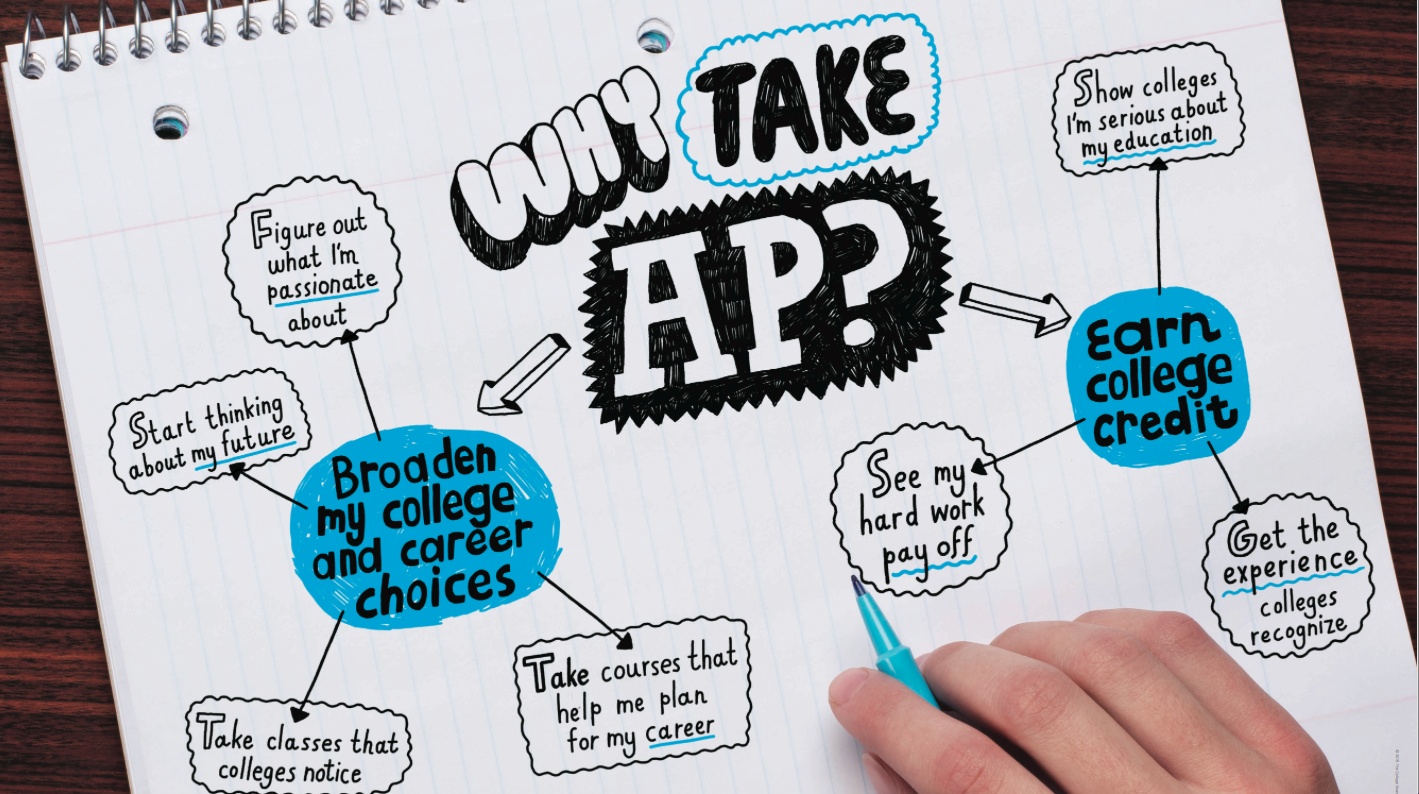In high school, it’s certainly important to focus on your academics and achieve good grades. But academics are just one component of the high school experience. What’s another aspect of high school that’s worth your time and energy? Getting involved in extracurricular activities.
Dedicating yourself to extracurricular activities that are in line with your passions and goals is not only essential for college admissions, but also for making the most of your learning experience.
Why do colleges care about extracurricular activities?
During the college admissions process, colleges evaluate a whole range of factors to decide whether you’re a good fit for their institution. While your academic transcript and standardized test scores are the most critical factors, extracurricular activities play a major role in that decision too.
Colleges are looking to see that when you’re not attending classes or studying, you are an active member of your campus and/or community. Demonstrating strong commitments to your activities of choice makes you a more favorable candidate, particularly if you hold any leadership positions (e.g. President, Vice President, Secretary, Treasurer).
It should be noted that colleges look not only at how many activities you were involved in, but for how long, and at what level of involvement. So, while it may be tempting to spread yourself thin by joining as many clubs, teams, and organizations as possible to earn participation points, remember: quality over quantity. You’re better off devoting yourself to a few activities you care about and attaining high leadership positions within them than having shallow involvement in a large number of organizations.
How do extracurricular activities enhance my learning?
Extracurricular activities are also a great way to further immerse yourself in your academic and career interests. Getting involved expands your learning beyond the classroom. Here are some ideas of activities you might join, based on your potential career interests:
Engineering: STEM clubs (e.g. robotics)
Pre-med: STEM or pre-health clubs
Pre-law: mock trial, speech and debate, student government
Finance/business: Entrepreneurial/marketing or math clubs
Arts/humanities: student newspaper, creative writing, theater
That said, extracurricular activities that aren’t directly related to your academic plans for college can be incredibly valuable too. For instance, joining a varsity sports team expresses to colleges that you are disciplined and teamwork-oriented, in addition to being a source of enjoyment and an opportunity to explore a non-academic pursuit.
Of course, if you can’t find an activity that appeals to you, or you have a particular interest that hasn’t been addressed by any existing club or organization at your school, you always have the option of starting your own. While starting your own club requires more dedication than simply being a member of an existing one, it also demonstrates that you are a self-starter who is capable of taking initiative!
Lastly, keep in mind that your extracurricular activities should never hinder your academics. If you find that your devotion to outside commitments comes at the expense of your grades, it’s a good idea to scale back a bit and take some time to re-prioritize. Otherwise, use high school as an opportunity to gain as many learning experiences as possible, both inside and outside the classroom.





